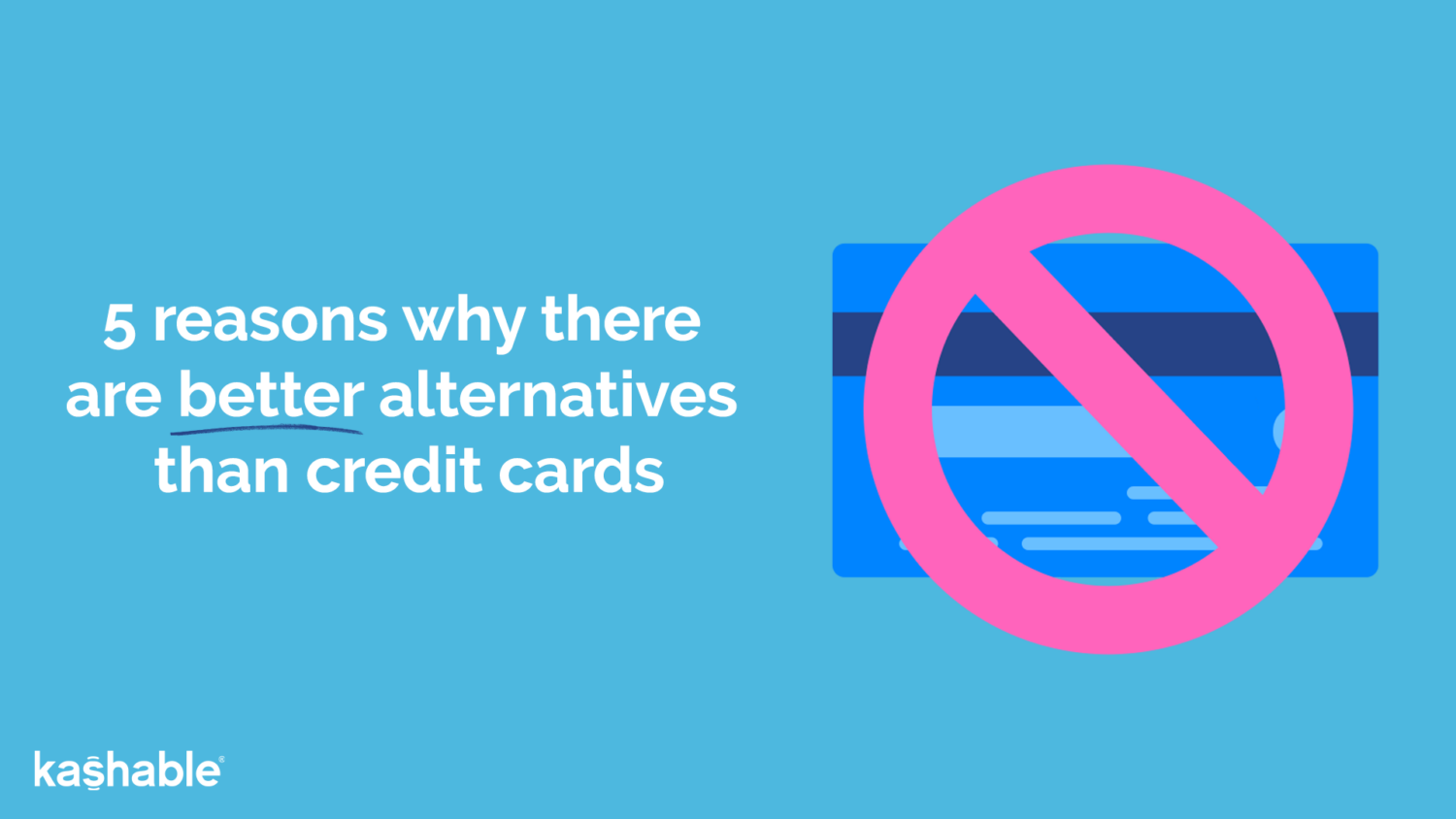
Charging an unexpected bill to a credit card when you’re short on funds may sound like an easy solution, but credit cards might not be the best choice for many people and can lead to more problems down the road.
Here are five reasons why there may be better alternatives than credit cards to deal with your unexpected expenses:
1. Your credit score may be affected
When your credit card utilization increases, it tends to hurt your credit score – and that can mean higher interest rates and lessening your borrowing power in the future.
2. Rates are high—and will probably go up
Credit card rates are not fixed and it’s hard to figure out how much you’ll eventually pay for the credit.1 Most credit card interest charges are tied to benchmarks like the prime rate, which increases as the Fed raises rates. By November 2022, the Fed has already increased rates by 3.75% and may do so again before the end of 2022. Credit card interest rates are following the trend and increase with every Fed interest hike.
3. Borrowers may not be able to pay off their debt
As inflation rises faster than wage growth, borrowers may turn to credit cards to help finance emergency expenses. However, data suggests that they may not be able to quickly repay that debt. The average credit card balance increased by 13% in the second quarter of 2022, growing at the fastest pace in 20 years.2
4. Interest costs may be higher than borrowers think
Borrowers may not realize interest rates can fluctuate over time, making predicting real costs challenging. Currently, people who borrow $5,000 may end up accumulating $1,000 in interest over a year.3
5. Hidden expenses and fees
Interest rates are not the only cost that credit card borrowers tend to incur. They may also be charged an annual fee, late fees, cash-advance fees and other hidden expenses. These fees can add up, putting borrowers further and further behind.
A better alternative: Kashable’s low-cost loans!
Fortunately, there’s an alternative to using credit cards. Employers can offer low-cost, affordable loans to their employees through Kashable’s financial wellness program.
Kashable loans are part of a comprehensive financial wellness benefits program that your company can provide as part of your employee benefit package. Kashable’s loan underwriting considers employment data and income, rather than just credit scores. Kashable lends across the credit and wage spectrum and approves 9 out of 10 applicants.
Technology has streamlined Kashable’s underwriting and loan servicing processes, and the reduced costs are passed on to your employees in the form of lower interest rates. Kashable loans have affordable rates with an APR starting at 6%.4
More importantly, employees can only take out one loan at a time so there’s a lower risk of falling behind on payments. Payments are deducted automatically from their paychecks so it’s easy for employees to make timely payments.
As they make timely payments, employees have a unique opportunity to improve their credit profile, which may help to make options such as financing major purchases like a home or car possible in the future.
Kashable also provides tools to help people focus on building their credit profile, like free credit monitoring. Kashable’s credit monitoring tool allows employees to see their credit scores, track their progress over time and receive real-time alerts. Real-time alerts can protect against fraud and identity theft by allowing employees to see any inquiries made on their credit report. Kashable’s credit monitoring tool empowers your employees to manage and keep track of their accounts so that they can keep up to date and make payments responsibly.
Credit cards might not be the best option to finance surprise expenses so why not offer your employees an alternative that will help build their credit history?
[1] “What the Fed’s latest interest-rate hike means for your money,” CNBC, July 28, 2022. https://www.cbsnews.com/news/interest-rate-hike-federal-reserve-your-money-july-2022
[2] “Credit card balances jump 13%, highest leap in over 20 years, as inflation outpaces wage growth,” CNBC, August 2, 2022. https://www.cnbc.com/2022/08/02/credit-card-balances-jump-13percent-as-inflation-outpaces-wage-growth.html
[3] “Consumer watchdog signals ‘a closer look’ at record-high credit card rates as balances jump,” CNBC, August 22, 2022. https://www.cnbc.com/2022/08/22/consumer-watchdog-to-investigate-record-high-credit-card-rates.html
[4] Annual percentage rates (APR) range from 6% to 35.99%. To qualify for the lowest rate, applicants must have a responsible financial history.
